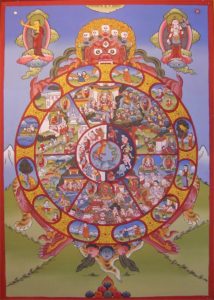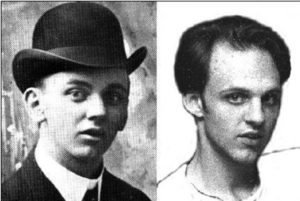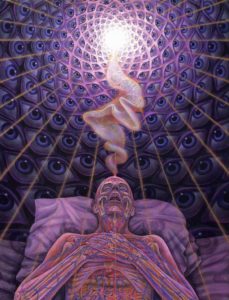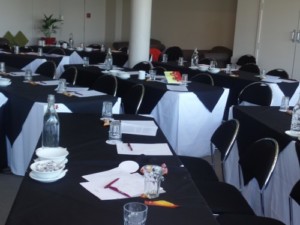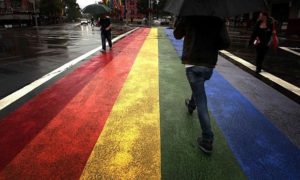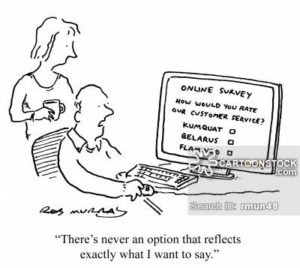
Gods and Demons, Scholars and Lawyers: Brief Reflections on American Religion and Law
Some religion scholars got into studying the law through studying New Religious Movements (NRMs) or minority religions, as they tend to be treated differently under the law.
Talking to lawyers is a real skill, and is very good at it. In the subfield of traditional American church-state studies, legal historians, lawyers, lobbyists, and religion scholars convene for conservation and debate, mostly about First Amendment jurisprudence.

